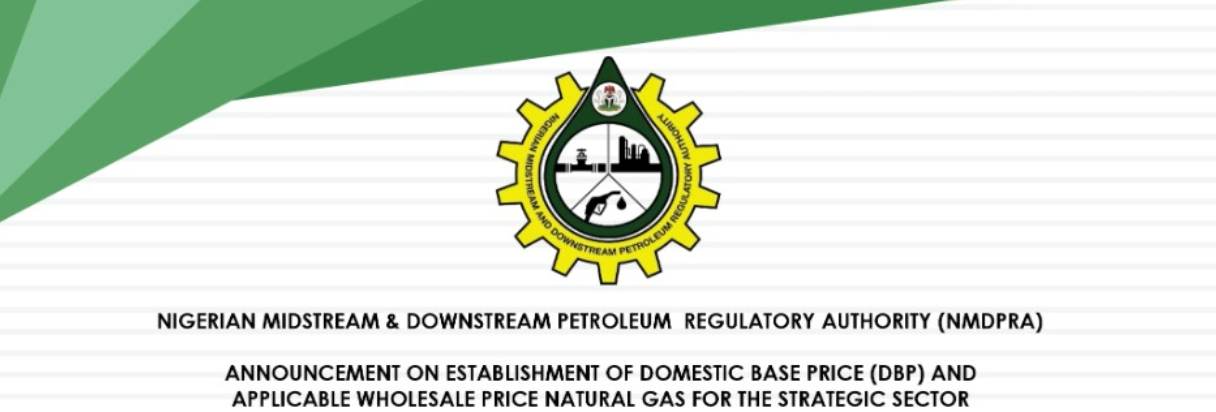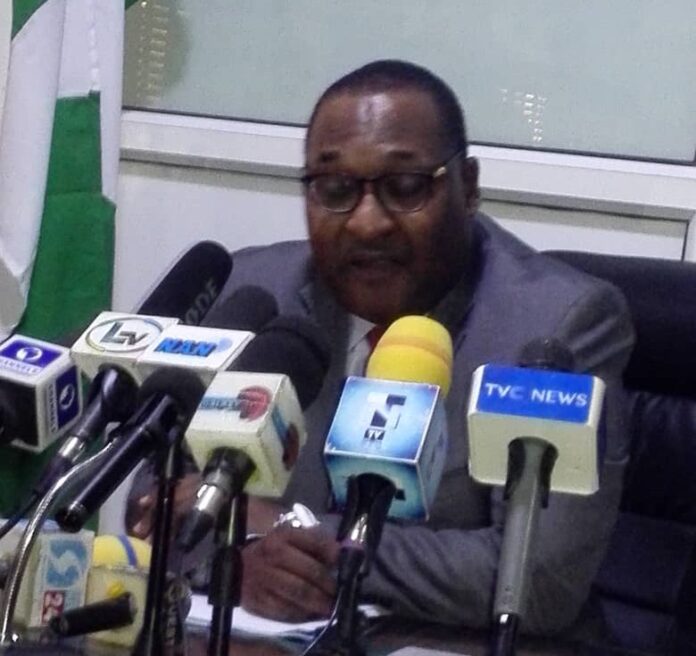The executive secretary, Nigeria Shippers Council(NSC)Hassan Bello, has said diversified means of transportation would reduce the cost of transport and the present gridlock witnessed in the ports across the country.
Bello who disclosed this in Abuja said, that transport drives the economy and the present administration was working at ensuring diversification of the country’s transport system.
He said the Council was collaborating with Nigerian Railway Cooperation (NRC) to ensure that trains are used to evacuate Cargoes to reduce traffic, as well as the digitalization of shipping operations, to ensure effectiveness and better service delivery.
“Three days ago, we had a meeting with NRC, NPA, the terminals where we strengthened the issue of the Standard Operating Procedures for rail.
“The most important thing is to make sure ports are efficient because , if ports are efficient, then a lot of benefits will be accrued to the government and the entire Nigerians. Many sectors will say, I contributed certain amount to the GDP and we want transport to also be contributing to the GDP.
“There is no doubt about it, transport drives the economy, and what are we talking about, it’s all about infrastructure, employment, content, and so on.
“We have been having challenges in our Nigerian ports because of some distortions.
“I will give some examples to the road, our dependent on the road has cost us a lot, or has stiffened and made it impossible for transportation to make expectant contribution in terms of revenue, in terms of employment and infrastructure.
“But the government is trying. Like I said, if not for COVID-19, we will not be having gridlock, we would have connected the rail to the ports.
“Now connection of the rail to the port is significant, because it will do two things, for every trip the rail makes, 38 trailers are removed from the port.
“Before now the monopoly is on the road traffic, it is only the dominant, maybe 90 percent of connection that is dropping cargo to the port and there are about.
“And that is crazy, you can’t rely on one mode of transportation. Nigeria Shippers’ Council has now encouraged rail deployment and also evacuation from the ports and that will be at a cheaper rate,’’ Bello said.
He said the various stakeholders in the maritime sector were collaborating to strengthen the standard operating procedure for the rail.
He said:“ that will mean two things, we have an alternative to road, we remove a lot of trucks and we give the truckers a run for their money.
“There will be competition, so this will mean prices of transportation will crash very soon in time to come and that is one of the achievements .’’
According to Bello, the NSC is also looking at a very important aspect of access to the ports which is the batches inland water ways.
According to him, the diversified means of transportation will give room for competition, the law of demand and supply will apply, thus, there will be reduction in transportation cost.
“Besides the Federal Government has made a policy statement that all ports and I hope this will include dry ports would be linked with rail. As I have said if not for COVID-19, the Chinese will have linked not just Apapa but Tincan with rail.
“The moment we have inland connectivity, the gridlock in Apapa will disappear that is apart from infrastructural efforts the federal government has made.
The of NSC boss however noted that infrastructure was not enough to manage traffic , adding that the various stakeholders was working at developing an electronic system that would ensure this.
On high cost of doing business, Bello reiterated that the NSC had made it impossible for shipping companies to bring out arbitrary or unilateral charges which would increase cost of doing business in the country.
He said the council was also working with the Nigerian Customs Service to ensure speedy clearance of cargoes at the ports
“Because of lack of scanners , cargo is cleared after 100 per cent physical examination, now this is a primitive way of doing things and it causes so much delay.
“So scanners will be redeployed very soon we have been at it with Customs, it takes five hours for a container to be examined physically and then cleared but when we have the scanners it will take five minutes.
“So you can see we are all making our ports efficient , we have the structure, infrastructure superstructure as a matter of fact and the clearance will be simpler, faster, more economical.
“Because of the COVID-19,why will people examine things physically,’’ Bello added.
He said agencies under the Ministry of Transport have come together and have established a forum for Chief Executive Officers to look at the problems in the sector and derive speedy solutions to them.





































